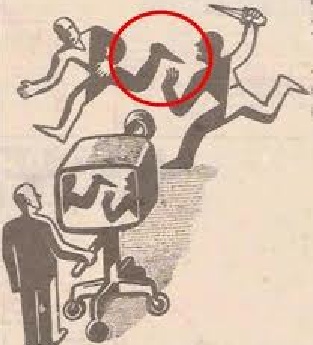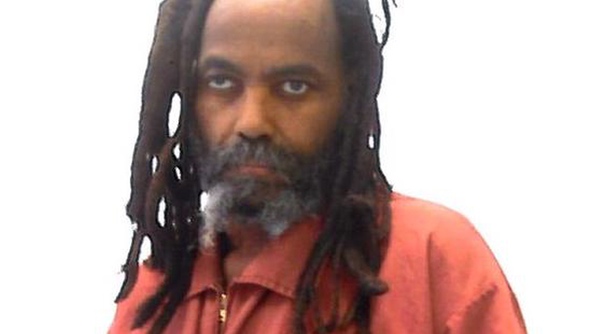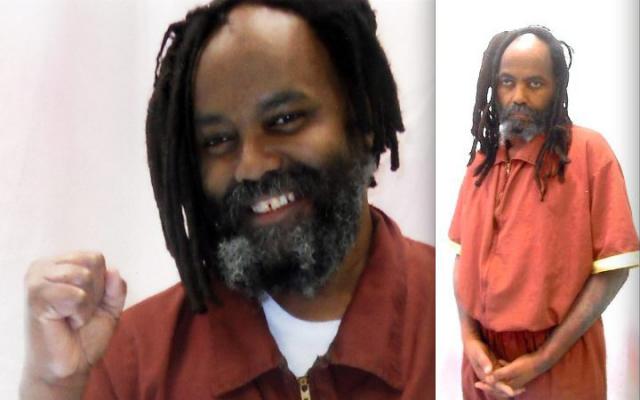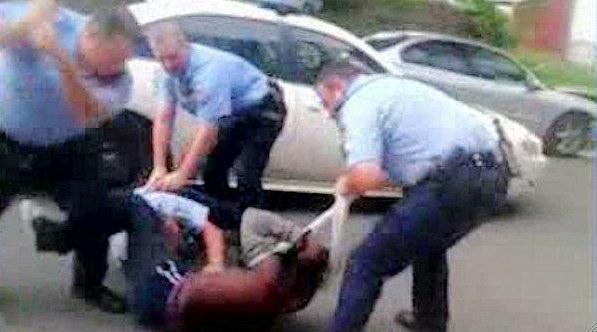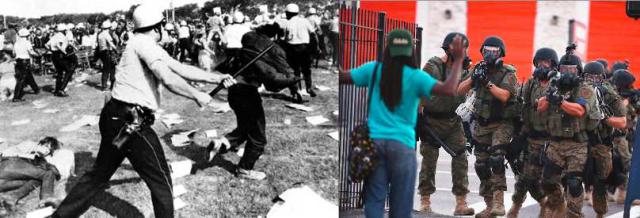If New Jersey Governor Chris Christie has any chance of gaining traction in his bid to become the 2016 Republican candidate for president he has to maintain support in suburban communities like East Greenwich Township, a small, predominately white, upper middle income area located about fifty miles south of Trenton, NJ’s capital city.
Republican Christie received 71.5 percent of the votes in East Greenwich Township when he won a landslide reelection in 2013, up nearly twenty points from his 2009 victory margin in that community where registered Democrats outnumber registered Republicans.
Today however, the most likely thing Christie would get from East Greenwich Township is a chorus of boos and a mass wave of middle fingers because he was notably MIA (Missing In Action) during the aftermath of a recent storm that tore through large sections of southern New Jersey. The 85 mph winds in that storm sent trees crashing into houses and cut electric service to tens of thousands of homes and small businesses for days.
Residents of East Greenwich Township and other Gloucester County communities pummeled by that storm are fuming because Christie, a self-proclaimed Hands-On Manager, ignored their pleas for help. Residents across sections of four South Jersey counties hit hard by that powerful storm are bitter that their state’s governor campaigned heavily during past weeks in Iowa and New Hampshire but couldn’t find time to at least tour their storm ravaged communities.
Dale Archer, the Republican mayor of East Greenwich Township, told reporters that, “I have lost all respect for our governor. Most importantly…he’s lost my vote.”
 Chris Christie's running for president, but would be hard-pressed to win dog-catcher these days in his home state of New Jersey
Chris Christie's running for president, but would be hard-pressed to win dog-catcher these days in his home state of New Jersey

